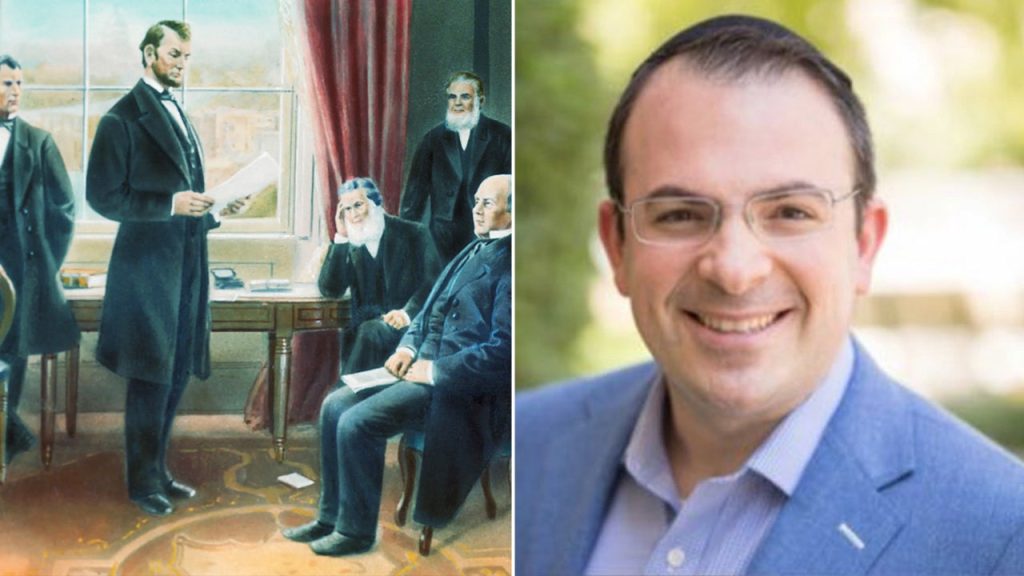The Jewish holiday of Purim, which celebrates the survival of the Jewish people, is an important and impactful holiday that continues to have relevance throughout history. Rabbi Dr. Ari Lamm of New York, who is the chief executive of BZ Media, explains that the story of Purim can be found in the Book of Esther, part of the Hebrew Bible and Christian Old Testament. The story is set during the reign of the Persian Emperor Ahasuerus and narrates an attempt by his viceroy, Haman, to exterminate the Jewish people. Esther, the Jewish queen, plays a crucial role in the salvation of her people with the help of her cousin Mordecai. The interaction between Esther and Mordecai, where Mordecai encourages Esther to act for the greater good, is a central theme of the story.
Purim is celebrated in modern times with a retelling of the Purim miracle, feasting, charitable giving, and dressing up in costumes. The date of the holiday changes each year, with the upcoming celebration in 2024 set to occur on the evening of Saturday, March 23, and through Sunday, March 24. Rabbi Lamm explains that the phrase “Who knows whether you have come to the kingdom for such a time as this?” played a crucial role in motivating Esther to take action, and likely had a similar effect on President Abraham Lincoln. Just weeks before publishing the Emancipation Proclamation, President Lincoln was confronted by a nationally prominent abolitionist who cited this phrase from Esther as a call to action. Lincoln was encouraged to see himself as potentially being a hero of his generation, much like Queen Esther.
The interaction between Patton and Lincoln, where the former quoted Esther to inspire the latter to take action on freeing the slaves, mirrors the story of Purim and the courage shown by Esther. Patton believed that Lincoln was chosen by divine providence to bring about justice and liberation, and while it is impossible to know for sure if this interaction was the catalyst for the Emancipation Proclamation, there is strong evidence that Lincoln drew inspiration from the Bible, just as Esther did in the story of Purim. The historical context of these events serves as a reminder of the timeless themes of courage, moral leadership, and divine providence that continue to resonate throughout history.
The story of Purim and its impact on historical events highlights the enduring relevance and power of religious and cultural traditions in shaping individual and collective actions. The retelling of the Purim miracle, which commemorates the survival of the Jewish people against oppression, is a reminder of the importance of faith, courage, and moral leadership in the face of adversity. The celebration of Purim with feasting, charitable giving, and dressing up in costumes serves as a joyful and festive occasion to remember the triumph of good over evil. The story of Purim continues to inspire and resonate with people of different backgrounds and faiths, showcasing the universal themes of resilience, redemption, and hope that are at the heart of this holiday.
The parallels between the story of Purim and the historical events involving President Abraham Lincoln demonstrate the enduring influence of religious texts and narratives on shaping moral and ethical decision-making. The quote from Esther, which played a crucial role in motivating Esther to act for the greater good, served as a powerful reminder to President Lincoln of his potential to bring about justice and liberation during a time of national crisis. The belief in divine providence and the role of individuals in fulfilling their destiny for the greater good is a central theme that resonates throughout history and across different cultures. The story of Purim serves as a timeless reminder of the importance of faith, courage, and moral leadership in the face of adversity, and the impact that individuals can have in shaping the course of history.
Overall, the story of Purim and its continued relevance in shaping historical events serves as a powerful reminder of the enduring influence of religious and cultural traditions on individual and collective actions. The celebration of Purim as a time to remember the triumph of good over evil, to engage in charitable giving, and to rejoice in the festive atmosphere with costumes and feasting, highlights the universal themes of resilience, redemption, and hope that are at the heart of this holiday. The parallels between the story of Purim and the actions of President Abraham Lincoln illustrate the timeless lessons of faith, courage, and moral leadership that continue to inspire and shape the course of history. The story of Purim continues to resonate with audiences of all backgrounds and faiths, showcasing the enduring power of tradition and the impact of individuals in shaping the events of their time.


